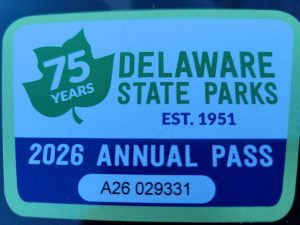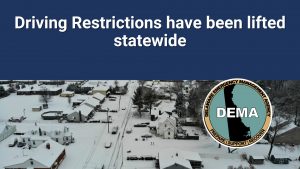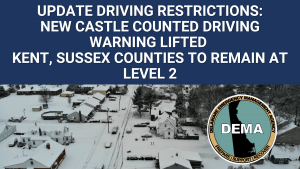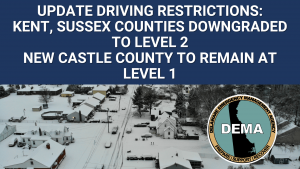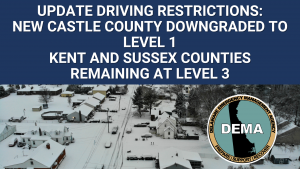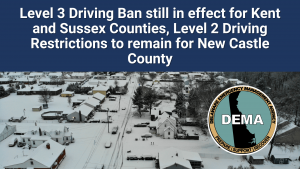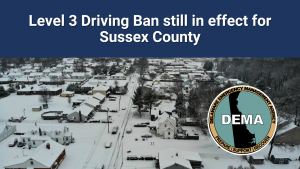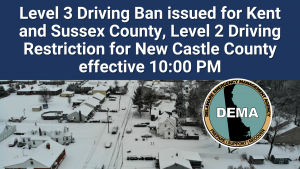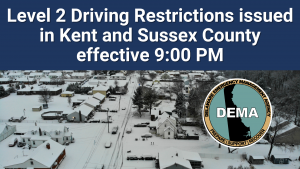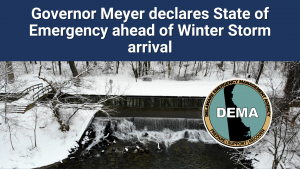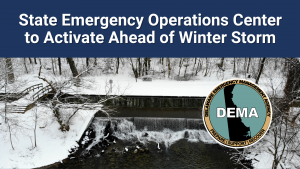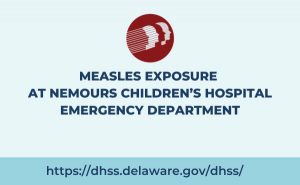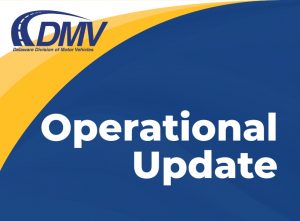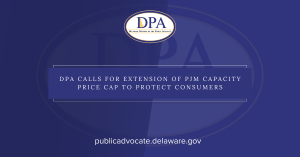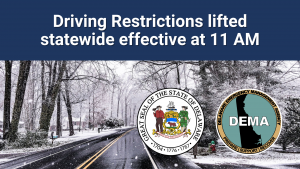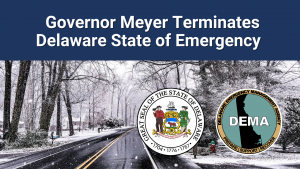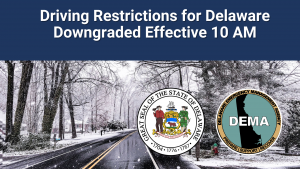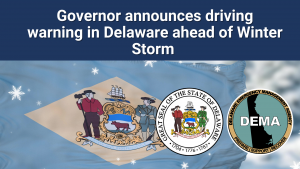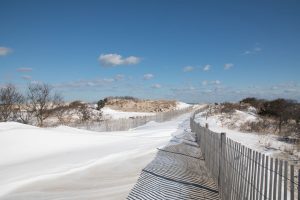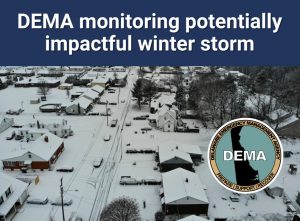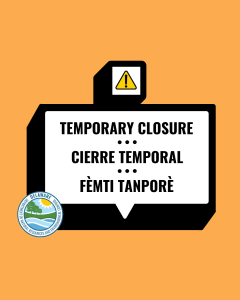DOVER – Governor Jack Markell today signed Senate Bill 253 that provides additional options and flexibility to developers, contractors and landowners for meeting standards that protect Delaware’s water quality and reduce flooding impacts under the state’s sediment and stormwater management program.
The legislation is the result of a collaborative effort between the Department of Natural Resources and Environmental Control, state legislators, representatives of the development community, and members of DNREC’s Regulatory Advisory Committee (RAC), which has been working to improve upon Delaware’s sediment and stormwater regulations that were adopted in 2014.
“Managing stormwater is a critical component in meeting our water quality goals and for assuring that people and property are protected from flooding in Delaware,” said DNREC Secretary David Small. “We also have learned over the past two years of implementing the regulations that there are a number of challenges in meeting these standards. This legislation continues to put a priority on protection of our water resources through additional, more efficient best management practices (BMPs), with the goal of lowering the cost of compliance for developers, contractors and landowners. We appreciate the cooperation from all of the stakeholders, the DNREC team and the General Assembly in reaching agreement on the legislation.”
The new legislation clarifies that the emergency sediment and stormwater regulations that are used currently will remain in force until comprehensive regulations are adopted. SB 253, sponsored by Senator Gerald Hocker (R-20th District) and Representative Tim Dukes (R-Laurel), allows for an alternative standard to be used in meeting requirements to manage the volume of stormwater runoff from a site and will enable the approval process for permits to be expedited.
Sen. Hocker said of the bill, “We knew we had major problems. Projects were being delayed and the costs associated with engineering for the projects were out of control. I met with representatives from DNREC along with homebuilders, engineers, and members of the farming community. We were able to come up with a compromise we feel everyone can work with, without compromising the environment.”
Rep. Dukes said that SB 253 rose above politics in becoming law. “This compromise measure is the result of how government should work with the people it serves. By enacting this legislation, we are recognizing that the 2014 stormwater regulations were too burdensome on the public,” he said. “Legislators, land owners, poultry farmers and developers came together at the table with DNREC, and worked cooperatively to reduce the regulatory burden while continuing to protect the environment. I am proud to be part of this effort and to have been the sponsor of this important measure in the House.”
What resulted from collaborative interests who addressed the state’s stormwater management issues was a bill that:
- Allows the use of additional BMPs that are determined to be functionally equivalent to existing BMPs under existing emergency regulations;
- Provides that DNREC develop standard plans to comply with the regulation for agricultural structures, including poultry houses that disturb less than 10 acres;
- Includes an exemption for stormwater management for residential projects under an acre, which is consistent with federal requirements;
- Allows applicants seeking approval of stormwater management plans to continue to utilize standards established in the current emergency regulations until new regulations are adopted;
- Extends the timeframes for an approved plan and redelegation of program elements from three to five years;
- Requires proposed regulations to comply with the Regulatory Flexibility Act, and
- Waives the timelines of the Administrative Procedures Act so that emergency regulations can remain in effect while the Regulatory Advisory Committee continues to develop changes to the regulations and supporting technical documents.
The current emergency regulations were adopted on April 15 to provide certainty for the development community and to allow projects to continue through DNREC’s approval process without a gap in sediment and stormwater regulations following a court decision citing a procedural flaw in the adoption of the 2014 regulations. Under the state’s Administrative Procedures Act, emergency regulations are only allowed to be in place for up to 180 days. However, with SB 253 having become law by the Governor’s signature, DNREC will not publish the interim regulations that were to appear in the July Register of Regulations. The Department will now be utilizing the emergency regulations, along with the new provisions in SB 253, to review and approve stormwater management plans, pending promulgation of comprehensive new regulations currently being developed by the RAC and DNREC.
CONTACT: Michael Globetti, DNREC Public Affairs, 302-739-9064
Vol. 46, No. 229



